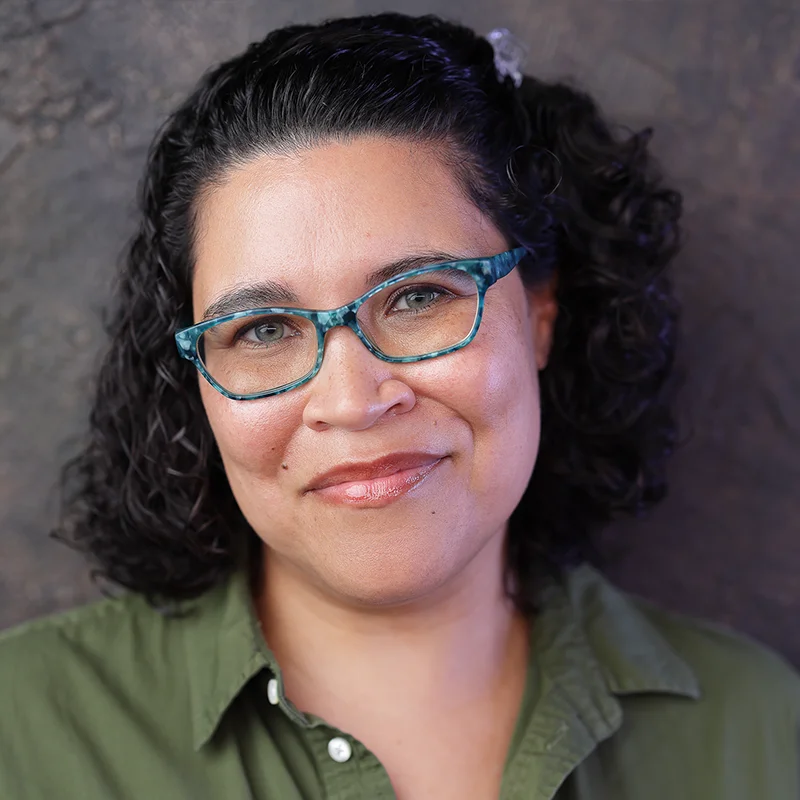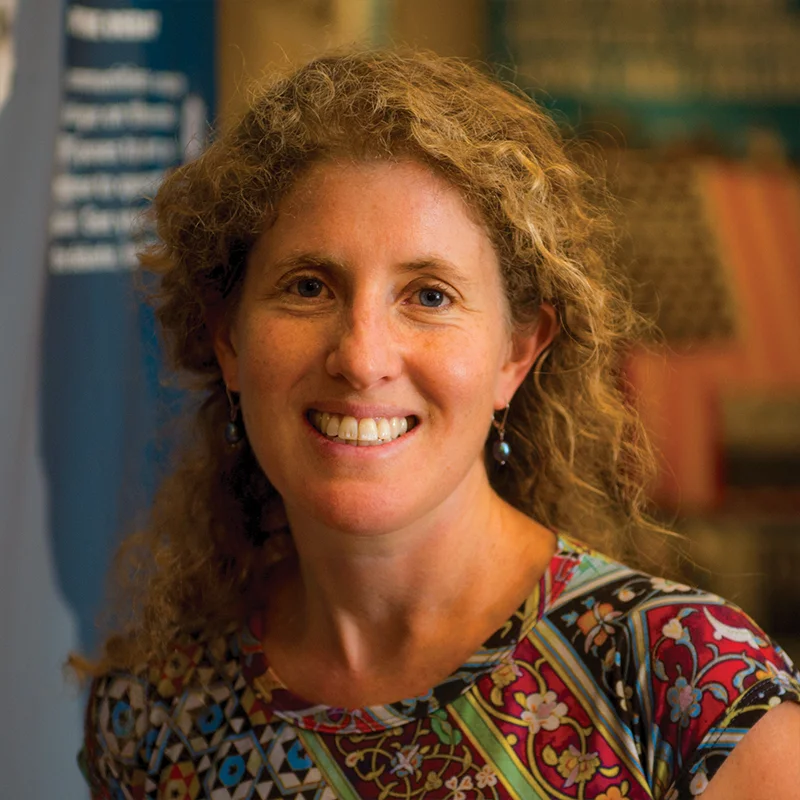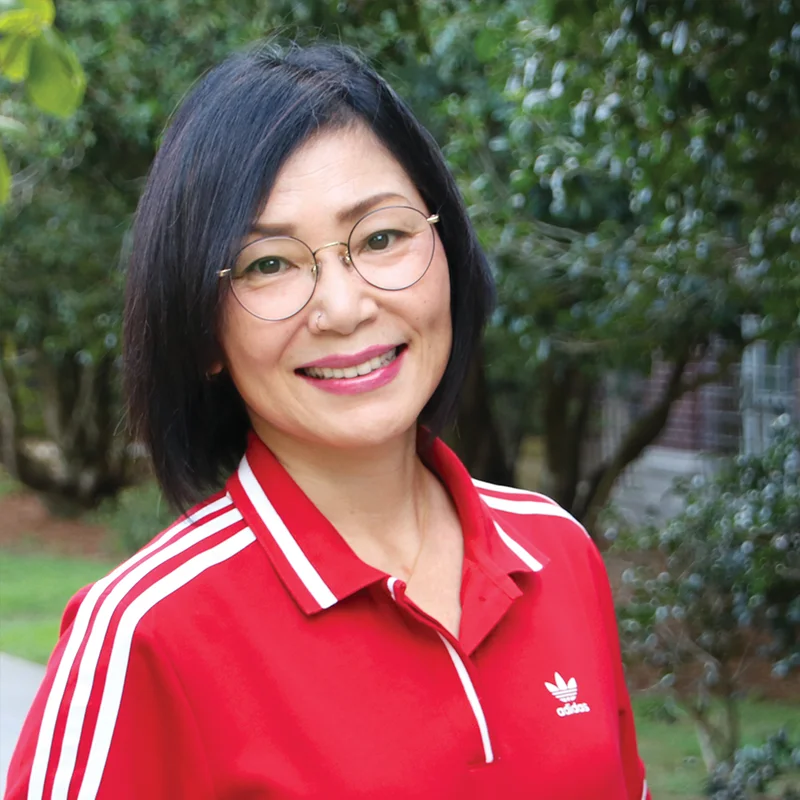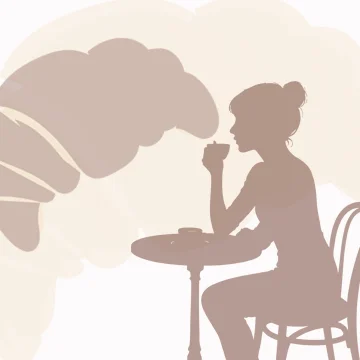Course Spotlights
Originally published in the 2025 issue of the School of Liberal Arts Magazine

Sex in College Lisa Wade Associate Professor, Sociology and Gender & Sexuality Studies
Gaining the knowledge needed to make decisions for themselves is a key aspect of a student’s college experience. This fall, Tulane undergraduates enrolled in “Sex in College,” a new Sociology course from Professor Lisa Wade, author of American Hookup, the definitive book on collegiate hookup culture. The course introduces participants to the history of youth sexual cultures, the origins of hookup culture, and the ins and outs of a cultural phenomena that has taken over campuses — and come to dominate campus sex life — and its complicated landscape on college campuses.
“Sex in College” explores the pleasures and perils, offering insights into the nature of sexual liberation. Throughout the semester, students are reading academic literature and research on the unique nature of Tulane’s hookup culture. They are being asked to imagine what youth sexual culture might replace hookup culture and whether it’s already here. They will leave the class with a rich understanding of hookup culture and the tools to navigate it — whether they hook up or not.

Computer Technology for Lighting Sherrice Mojgani Associate Professor, Theatre & Dance
In the theatrical lighting design discipline, the ability to take an idea from the imagination and bring it to life on stage is entirely dependent on the designer’s ability to communicate clearly through technical drawings, and on their knowledge of lighting control styles and technological limitations. These skills are highly technical, deeply ephemeral, and dependent on communication with skilled technicians.
This fall in the Theatre & Dance course “Computer Technology For Lighting,” students are exploring theory and build skills necessary to communicate designs for theatrical lighting systems that support storytelling and creative vision. While students in the course are learning “hard skills,” they are also demonstrating that they can handle challenging tasks by learning technically complex things and systems that are changing and advancing.

21st Century US History Jana Lipman Professor, History
Almost all of our incoming students were born in the 21st century — which means the 21st century is now history! The History course “21st Century US History” asks students to study the events that would have formed the backdrop of their childhoods: 9/11, the US wars in the Middle East, Hurricane Katrina, and the 2008 financial crisis. We take a deep dive into primary sources — students do short research papers using historical newspapers — and we talk about the rise of digital sources and social media.
The class asks “big questions” that still matter today: What have been the consequences of the “War on Terror?” How do students evaluate the fallout of the 2008 financial crisis in contemporary politics? What roles did race, class, and gender play in 21st-century electoral politics? And for those of us in New Orleans, what are the legacies of Hurricane Katrina on its 20th anniversary?

Beginning Japanese Language Saeko Yatsuka-Jensen Professor of Practice, Asian Studies
Beginning Japanese courses incorporate vital Japanese traditions and values, such as the therapeutic art of penmanship and the importance of being humble, into lessons on the fundamentals of the language.
Values are intrinsic to the language itself. Japanese is a language of respect — which is demonstrated by reversing the word order usually found in English or Romance languages. For example, in Japanese, one says “I scary movies like not” instead of “I don’t like scary movies,” conveying the speaker’s idea upon the completion of the sentence, and requiring students to listen to each other without interruption or hasty judgement. In addition, the personal pronoun “I” in the sentence is not considered the subject and is often dropped, which is another reflection of the Japanese cultural value of group harmony. A Japanese class teaches students that mutual respect realizes equity and a sense of belonging, readying them for study abroad opportunities or careers where cultural competence is immensely important.




